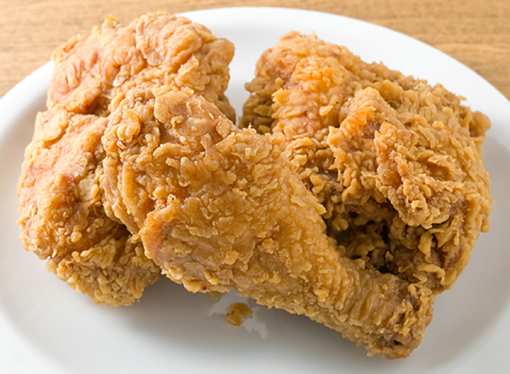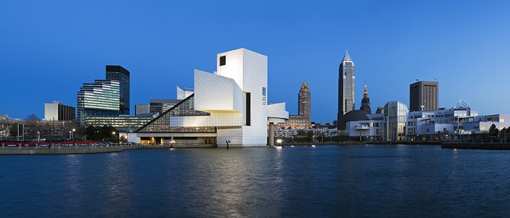History:
The Murphy Theatre opened on a warm evening late in July of 1918, and although Charles Webb Murphy's Chicago Cubs had won four pennants and two world series between 1906 and 1914, the opening of his theater seemed to give him more pleasure. He owned the Cubs, of course, and at the time it was said he was the best-known baseball man in the world. But when he built the Murphy he owned his hometown.Box Seats.
The Murphy Theatre was built out of all perspective for where it was. It had a thousand seats in a town of barley 5,000, and yet during the three performances of opening night, 3,000 people bought tickets, and nearly that many more were turned away. (Charlie sneaked some of his friends in through the basement).
There were 175 railroad cars of material used in the construction, and Italian craftsmen came to Wilmington and worked for weeks on the interior. An English stonemason died of heart failure while working on the second-story stucco. The top decorator of the Mandel Brothers, the Chicago interior design firm, came to Wilmington on the train, convinced he'd been put off at the wrong place. "Surely there can't be a theatre in this town big enough to have the Mandel Brothers do the decorating?" he said. Then he saw the new courthouse under construction -- another splendid building going up a block away -- and he thought that perhaps he was in the right place, although he didn't understand it.
Each Saturday during construction, the country folk came to town to watch. Charlie Murphy had his name painted on the theatre's high, rear wall in letters so big they could be read from the railroad tracks. When it was finished, two years and $250,000.00 later, Dan Foland, the druggist for whom Charlie had worked as a boy, looked it over and said, "Charlie, that's a bad investment. It won't pay two per cent." And Charlie replied, "Dan, that's not an investment, that's a monument."
And it was, disregarding the other statements, more public and therefore more judicious, that it was for Wilmington, or that it was for his mother. It was, in truth, for them all. It was grand enough for everyone.
The theatre soon became the actual, as well as the symbolic, heart of the downtown. Everything went on there - plays, vaudeville, lectures, minstrel shows, movies. The high school graduations were held there, and band concerts. Most of the town, and the surrounding countryside as well, was intimately connected to it, in one way or another. There were churches for salvation, banks for business, the college for education, and the courthouse for justice, at least upon occasion, but the Murphy was the one institution that performed all those functions, and did so effortlessly.
The Murphy also took Wilmington off the "Kerosene Circuit," and soon the biggest road companies were coming to town. John Phillips Sousa gave a concert in the Murphy and asked schoolgirl Pat Ballentine to button the clasps of his white gloves. The great Yiddish actress, Bertha Kulish, came to town and took her meals at the Carnahan Boarding House, greeted at the door by Mrs. Carnahan, a local star herself, in the midst of pie-making. Clare Kimball Young, the silent star and the Garbo of her day, got off the Sunday afternoon train in a floor-length navy suit, wearing a large, black picture hat with wide brim, and carrying a shepherdess's crook. Sarah Bernhardt's leading man, Lew Telleger, came to town early and spent the afternoon fishing in Todd's Fork with Doc Hale. And a road company of the Passion Play came through and asked to use Wilmington College students as extras. Big Jake Jacoby, the center on the college basketball team, played a Centurian who was to carry Barabbas to his fate, picked up Jesus by mistake, and a scuffle broke out on the stage.
Theatre people said the Murphy could hang any show in the country, meaning that it was large enough to accommodate scenery and sets. The Music Box Review of 1938, for instance, polished its performance at the Murphy before opening on Broadway.
The high time of that kind of entertainment has passed, of course, as have many of the theatres, victims to trend, economics and neglect. The Murphy is no longer the heart of the town's activities -- the downtown itself, indeed has followed the old theatre's fortunes -- but it is still the symbolic heart.
Its grand, old-fashioned marquee still throws light over the center of town, welcoming both travelers and the homeward-bound. The absence of it would render Wilmington as lifeless in appearance as those other small, undistinguished, forgettable towns across Ohio that grow dark and turn inward at nightfall.
An obvious fact is that the Murphy needs the town. A less obvious fact is that the town needs the Murphy.






